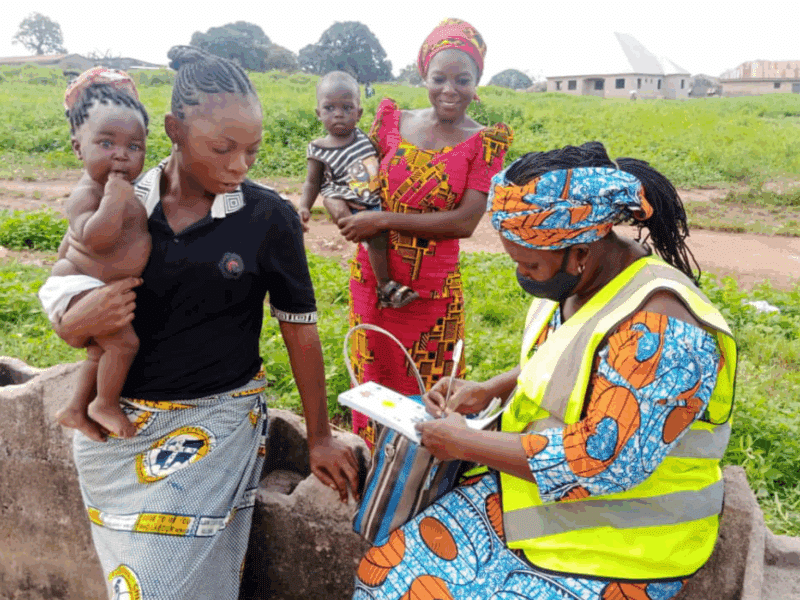It was 2001 when the Johns Hopkins Center for Communication Programs and a local NGO in Pakistan came up with the idea: A toll-free call-in line, staffed by trained counselors, who could answer questions from youth about everything from sexual health to social anxiety.
“These were all of the questions which were normal to ask in any open and educated society but that youth couldn’t get answers to in Pakistan,” recalls Fayyaz Ahmad Khan, a CCP staffer who worked on the original project. “There was no sex education, not even puberty was taught in the schools. There was no Internet. Literacy levels were low. …
“The questions from callers ranged from mundane to questions about violence and, in rare instances, rape or incest. On the one hand, we were being told these issues were not present in our society, but at the same time, the callers were bringing them up.”
The intervention, which was part of a three-year Packard Foundation grant, was low tech and low cost. CCP worked with the local NGO Rozan to staff the line and educate the counselors. That program ended more than 13 years ago. And yet the Rozan Helpline is still popular in Pakistan. In the first decade, 40,000 young people called in for advice. Since 2011, the Helpline has expanded and Pakistanis of all ages are invited to call in – and they do.
“The fact that this intervention is still in operation all of these years later shows that the program really matched the needs of the country, which were clearly large,” says Khan, who is now a senior regional technical advisor in Pakistan and Egypt for CCP. “To be able to see such sustainability reminds us we are making a lasting impact. And to see a partner stick with and expand the Helpline reminds us that building the capacity of local organizations can pay off long-term.”
As originally conceived, the Helpline was part of a larger family planning and reproductive health campaign, which included television serials and radio talk shows where characters and hosts discussed issues that have long been considered taboo in the predominantly Muslim country.
The Helpline was initially promoted on the radio programs and in the capital, Islamabad. “After the radio show, calls would flow in from all over Pakistan,” Khan recalls. Advertisements were very strategic, as we “let people know about what we were doing without raising any eyebrows in a conservative country.”
In a country where only 22 percent of people have access to the Internet, most of which is in English and thereby difficult for many Pakistanis to understand, low-tech interventions like the Helpline clearly still have their place, Khan says. There is more access to information about difficult topics, however. More children are attending school than ever before. There are now 100 television channels instead of two and dramas now address such topics as child abuse and violence against women.
“And, yet, the kids are still calling in,” he says. “There’s a need for this information, even today.”





